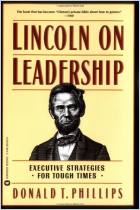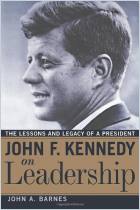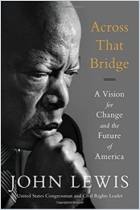
Martin Luther King, Jr. on Leadership
Inspiration and Wisdom for Challenging Times
Recommendation
Martin Luther King Jr.’s “I have a dream” speech was voted the most electrifying public address of the 20th century. It takes a special leader to give that kind of speech. In an overview of the history of the civil rights struggle, Donald T. Phillips presents the ideals of leadership that Martin Luther King Jr. followed. Phillips describes the techniques King used at various stages of the civil rights battle. He also shares King’s comments on leadership. Many of the principles will be quite familiar: listen to learn, lead by being led, awaken direct action, encourage creativity and involve the people. However, the book is fascinating when it demonstrates how King put these principles into practice. This well-organized, well-written book is clear, direct and easy to read. While it is written for the general public (especially for black people and those interested in civil rights), getAbstract finds this book applicable for all managers and executives, particularly those who like to learn the lessons of history.
Summary
About the Author
Donald T. Phillips, a widely recognized writer and speaker in the field of leadership, draws upon the lessons of history for the strategies of today. His previous books include Lincoln on Leadership and The Founding Fathers on Leadership.























Comment on this summary or Diskussion beginnen